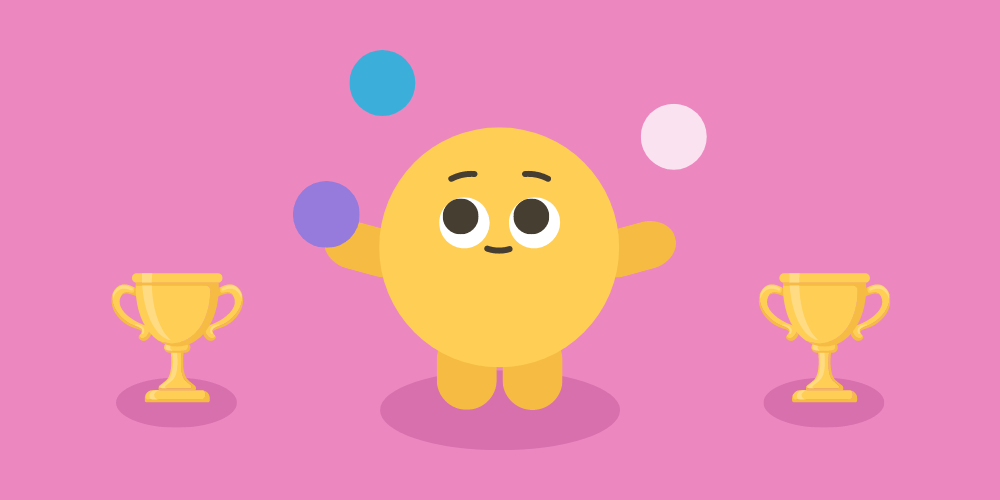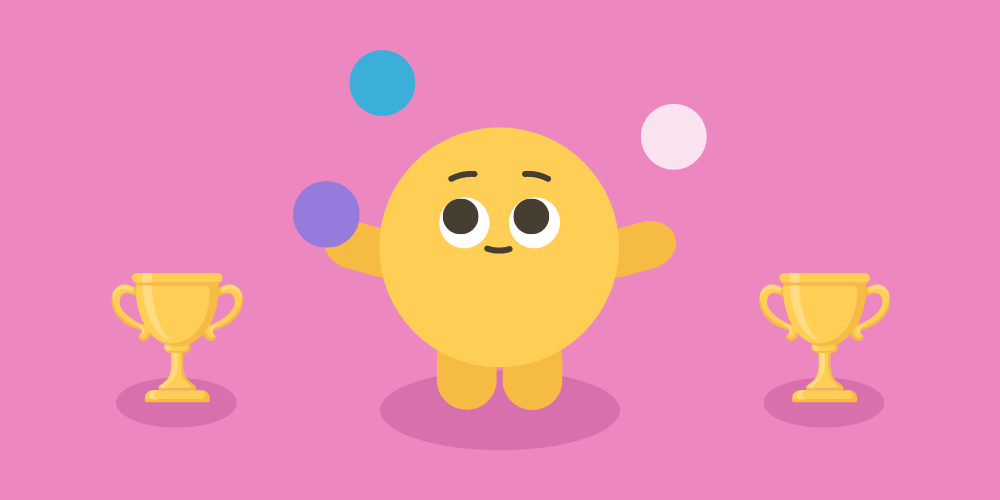
Last but not least, this chapter focuses on personal growth. The process we will learn is rooted in the philosophy and methodology for change called Appreciative Inquiry (AI). While AI is usually used to transform organizations, Prof. Tal Ben-Shahar has applied its principles to personal growth and named it Appreciative Goal Setting. In his words, we will do the following:
Draw on the best from the past to inspire the present and create a better future.
It is common to focus on our weaknesses. We may believe that personal growth is a list of problems to be solved. However, this approach can only produce mediocrity rather than excellence. Research has shown that people who focus on their strengths are disproportionally more successful than those who focus on their weaknesses. Having said that, we should not completely ignore our weaknesses. Instead, we need to see them for what they are: damage control, not growth.

Consider an example of a good dancer who lacks singing skills. It would take far more effort to improve her singing skills to mediocrity than to bring her dancing skills to excellence. In the words of actor Chris Burke, who fulfilled his unconventional dream to become an actor while being a young man with Down syndrome:
It is not our disabilities; it is our abilities that count.
In Appreciative Goal Setting, we will initiate a spiral of growth by focusing on our strengths. In the first lesson, we will discover the best in us using our previous experiences by remembering the positive past.
Remembering the positive past shifts your focus from your weaknesses to your strengths.
No matter one's weaknesses, everyone has unique strengths and talents that they can appreciate and leverage to bring outstanding results.
Everybody is a genius, but if you judge a fish by its ability to climb a tree, it will live its whole life believing that it is stupid.
— Albert Einstein

Remembering the positive past is fundamental to the remaining journey in Appreciative Goal Setting. In this lesson, we will learn to inquire about the positive past and appreciate it to repeat and magnify it in the following lessons.
Benefits
Zooming in and investigating the roots of our past successes does not only make us feel proud and accomplished. As a reminder, the benefits of Appreciative Goal Setting are that it:
- Encourages belief in ourselves and our abilities
- Shifts our mindset from self-doubt to growth
- Inspires and motivates us to work harder
- Improves our mental and physical health
- Deepens interest in our area of expertise
- Helps us succeed and enjoy the fruits of our actions
Action steps
Central to remembering the positive past, there is an appreciative self-interview extended with environmental reminders:
- Ask yourself questions that reveal your positive experiences. Consider asking questions like "What were your happiest moments?" "When was your cognitive performance at your best?" or "When was your physical performance at your best?" You may create other questions that help you reveal your positive past, as long as they are in the positive tense.
- Relive and appreciate these moments as vividly as possible. We have learned in the Journaling lesson that recollecting positive memories can intensify them. Reflecting on those questions can powerfully benefit your life.
- Introduce reminders to keep these moments alive. Surround yourself with an environment that captures your positive past, such as photographs, trophies, or recognitions. These reminders will be a source of motivation and inspiration in the future. Even small wins in the past can lead to big wins in the future.

Positive questions create a positive reality.
— Tal Ben-Shahar
Alternative: Find your strengths
Everyone, including you, has unique strengths and talents that may produce excellence. If you still need to discover yours, consider taking the CliftonStrengths Online Talent Assessment to identify and understand how to leverage them further.
Now or never
For the next two weeks, conduct the appreciative self-interview using the example questions or your own. Discover your positive past and relive the associated memories with as many senses as possible. Create corresponding reminders in your environment.


